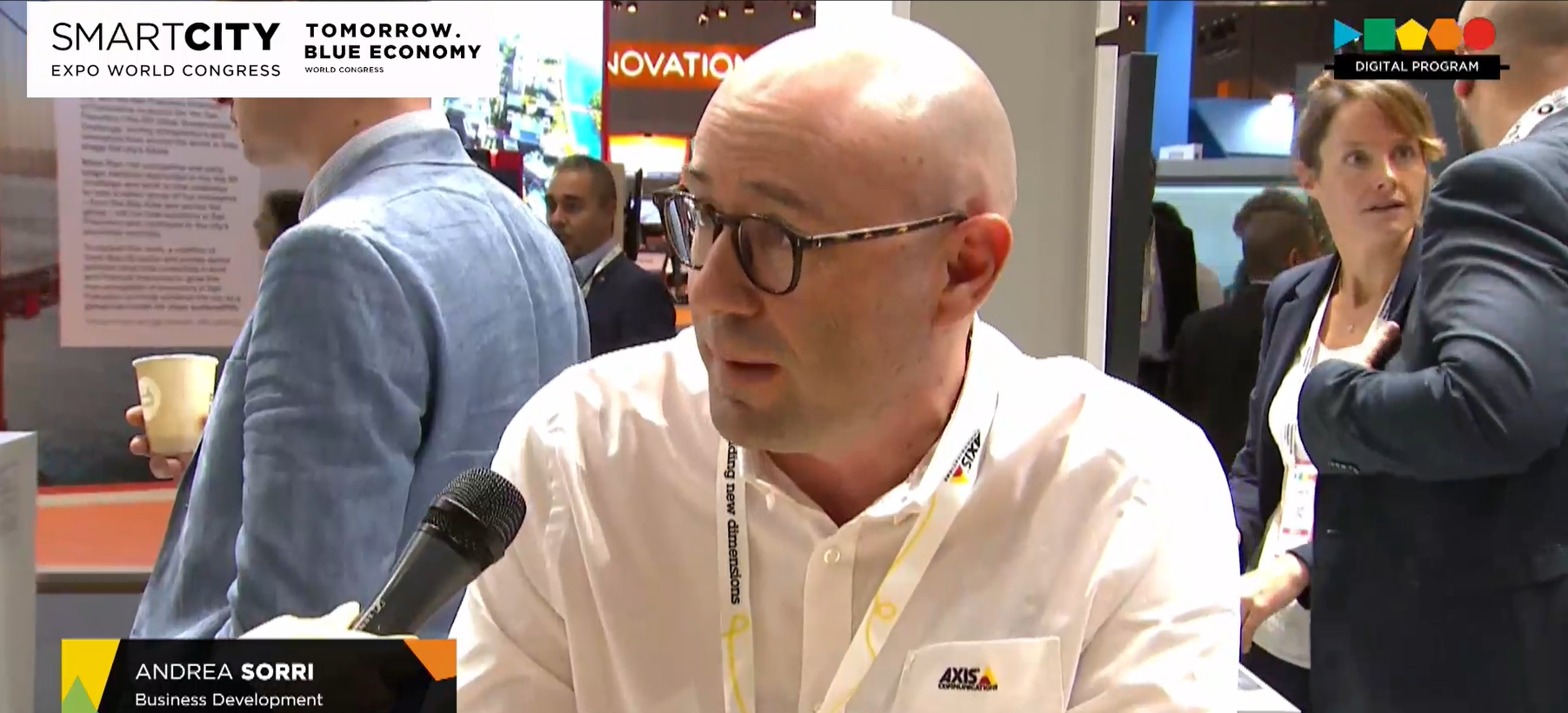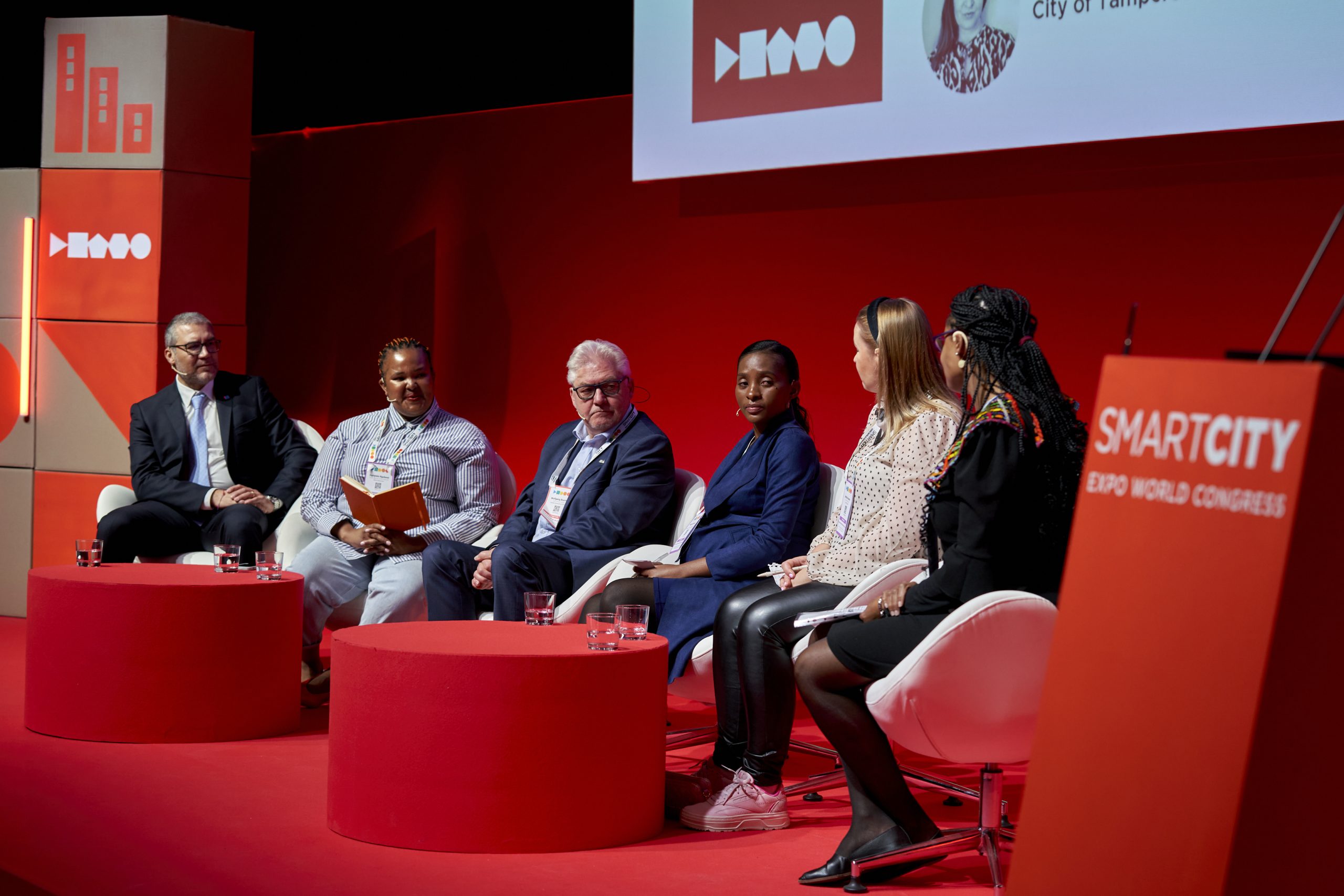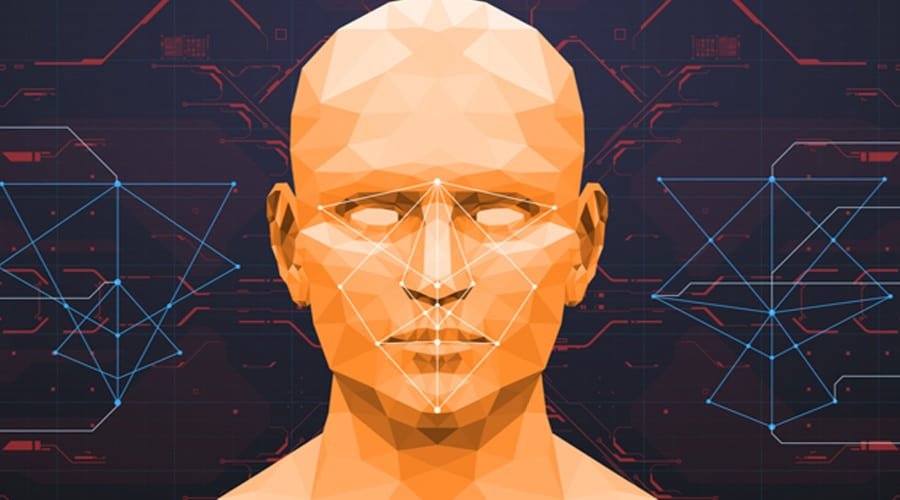Author | Lucía Burbano
Cities have always collected and stored citizens’ personal data through tax collection procedures or when processing applications, among others. However, the rapid increase in smart urban devices such as cameras and other IoT sensors, has increased the type and volume of personal data that are collected. How are cities protecting our personal data?
Private data management, a challenging urban governance task
Data form part of the foundations of smart cities, where they are collected to study city patterns and introduce improvements in traffic, for example, air quality or waste collection. According to the European Commission, the volume of data generated will increase by 530% between 2018 and 2025.
A device that collects citizens’ private data and which sparks debate and controversy, is Closed-Circuit Television (CCTV). This and other instruments have caused concern among the public, who seek guarantees in terms of privacy protection. After all, security, and particularly, transparency when using these data, and who has access to the same is one of the bases of good urban governance.
However, there is nothing to fear, according to the book Personal data-smart cities how cities can utilise their citizen’s personal data to help them become climate neutral, statistics, cryptography, data anonymization and even artificial intelligence, are some of the technologies capable of safeguarding personal data and, in turn, supporting the development of the data economy.
Another element designed to combat cyber-attacks that aim to steal private data, are AI-powered threat detection information and response systems.
Municipal initiatives that protect citizens’ data

Prato, Italy
This Tuscan city is taking part in the Data Vaults project, co-funded by the EU Horizon 2020 program, specifically, in the execution of a pilot in which citizens share information about their location, their movements throughout the city, event attendance or their profile data, in exchange for compensation.
The city aims to introduce improvements in mobility after analyzing these data, and wants to take the opportunity to interact directly with citizens and obtain their personal data in a secure manner that respects their privacy.
Singapore
The country’s Infocomm Media Development Authority (IMDA) has partnered with Google so that companies can test their Google Privacy Sandbox solutions within the IMDA’s Privacy-Enhancing Technologies (PET) Sandbox, a secure environment in which companies can use or share data without disclosing sensitive information.
The aim of the Personal Data Protection Commission is to strengthen Singapore’s position as a regional center for reliable data, while also enabling the responsible use of this information for innovation and business growth.
Montreal, Canada
With the creation and implementation of the Digital Data Charter, the city has set out to collect and manage data, in an ethical and responsible manner, based on five principles: the right to privacy; ensuring equity and fighting discrimination; ensuring full citizen control over their digital footprint and striving for a reasoned and reasonable use of data.
This charter describes how the city oversees the use of digital data so as to encourage progress and prevent the risks associated with malicious practices. The aim is for the city’s digital data management to be more transparent, responsible and efficient.
Photographs | Unsplash/Bernard Hermant, Unsplash/Taylor Vick






















































